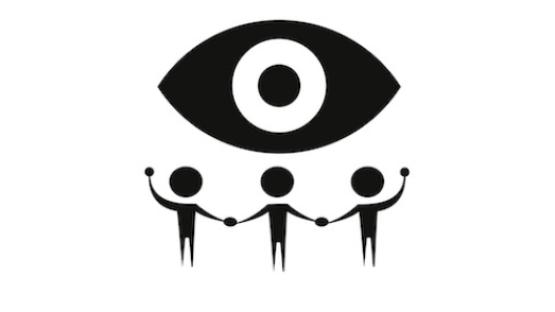Dispatch from Geneva: Notes on a post-Snowden UN

What a difference a few months, and some intelligence agency leaks, make.
In early June an important report warning of increasing State surveillance was submitted to the United Nations Human Rights Council. It was met with barely more than scant attention. Days later, Edward Snowden’s leaks hit the front page of the Guardian, and woke the world up to how intelligence agencies in the US and UK are using questionable legal justifications to spy on their own citizens and the world.
So when a coalition of digital rights activists and privacy advocates descended on Geneva for the 24th session of the Human Rights Council in September 2013, they encountered a United Nations a-buzz with interest in the issue.
A different Geneva
Accompanied by colleagues from the Electronic Frontier Foundation, Access, Human Rights Watch, the Association for Progressive Communications, and the Center for Democracy and Technology, Privacy International went to Geneva to formally launch the International Principles on The Application of Human Rights to Communications Surveillance, an initiative a year in the making. The group was equally there to convince the United Nations to take a greater interest in condemning State surveillance and protecting the dual rights of privacy and free expression.
Much to our surprise, most of our job was already done for us – we found in Geneva a Human Rights Council eager to tackle issues of surveillance and privacy, member States who were infuriated by the Snowden revelations and frustrated by the lack of action taken thus far, and mainstream human rights organisations enthusiastic to begin to integrate issues related to technology and online surveillance into their everyday work.
The positive attitude with which we were greeted in Geneva in September was a far cry from the air of disinterest we encountered during our previous attendance at the United Nations, in June. At that time we were there to launch Special Rapporteur Frank La Rue’s groundbreaking – and, frankly, prescient – report on the rights to privacy and free expression in communications surveillance. With the kind support of the Norwegian government we held an event attended by no more than 50 people, and had various meetings with governments that were met with only slight enthusiasm.
A week later, the first of Edward Snowden’s leaks surfaced, and the United Nations human rights community began to realize the scope and seriousness of State surveillance. Many of the potential violations the Special Rapporteur had warned of in his report were confirmed by the Snowden revelations and subsequent.
The Geneva to which we returned some scant three months after Snowden’s bombshells was overflowing with real interest in and determination to address issues of surveillance. Meetings with local civil society organizations and State representatives left us feeling inspired about the many potential avenues to address the issue within the UN human rights system, if not a little daunted by the magnitude of the task ahead. Statements by groups of States led respectively by Pakistan and Germany raised issues of privacy and free expression in the Council plenary and served to fuel debate in the halls of the UN. By the time the event that PI and its partner organisations had come to attend rolled around on Friday 20 September 2013, there was a frenzy of fascination in the issue and the many opportunities to pursue it.
The Launch
The event, hosted by the missions of Germany, Norway, Switzerland, Austria, Hungary, Liechtenstein, Mexico and Brazil, was, in the view of one participant, “the most well-attended side event in recent history”. At least two-dozen ambassadors were in attendance, and many made interventions, including the permanent representatives of Austria, Montenegro, Ecuador, Pakistan and Switzerland. The mood, overwhelmingly, was one of purpose and commitment to the issue, and there was clear agreement that action should be taken by the Human Rights Council, and soon. The idea of special session of the Council was raised by Special Rapporteur La Rue, who spoke at the event, and was supported by some of the States in attendance, including Germany.
On the whole, it was an incredibly successful event, and one that served to demonstrate how effective the Snowden revelations have been in drawing attention to the gravity of State surveillance and its pervasive nature. The challenge, now, is to take the excitement and purpose so evident in Geneva and turn it into concrete action and policy change.
This, inevitably, will not be without its difficulties. The obstacles that lie ahead were clearly illustrated to civil society when the British Ambassador made her intervention at the meeting in Geneva. Britain, she contended, sufficiently balances nationals security concerns with human rights. This – from a nation which, it has been revealed, conducts mass surveillance of all communications passing through its borders.
Civil society has much to do when a country with as strong a human rights record as Great Britain cannot see – or admit – the clear fault in its actions. Undeniably, however, the debate has fundamentally shifted since June, and is continuing to move in the right direction. We hope the success of the Principles launch is a start of things to come.



